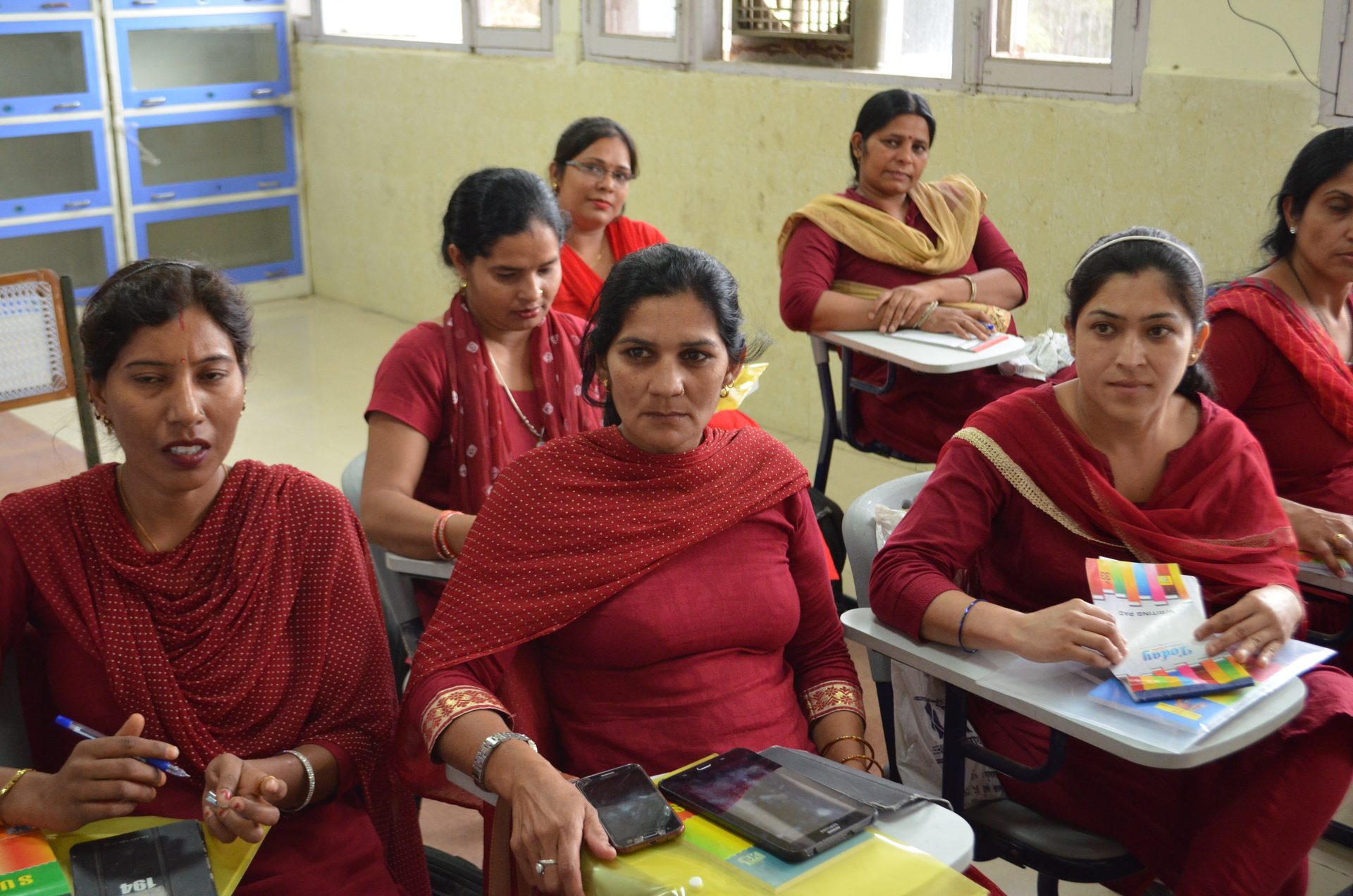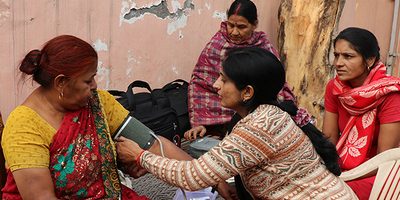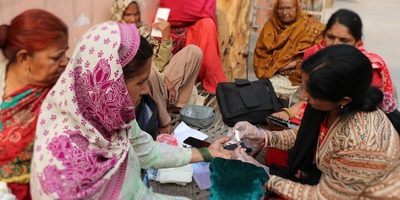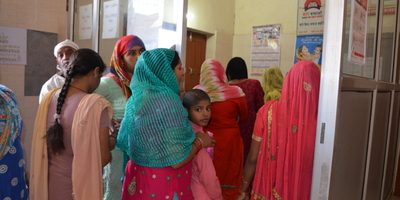
Enabling Accredited Social Health Activists (ASHAs) to provide Non-Communicable Diseases (NCDs) services at the community level
NEW DELHI, OCT 24. Accredited Social Health Activists (ASHAs) can deliver culturally appropriate comprehensive care for Non Communicable Diseases (NCD) if provided with appropriate training and supervision to maintain quality of service, and adequately remunerated to keep them motivated. Community embeddedness, supporting infrastructure with suitable remuneration schemes are critical for success of any program based on Community Health Workers (CHWs).
These are the major findings of a qualitative study undertaken in Andhra Pradesh, India by The George Institute for Global Health researchers.
“Although ASHAs in Andhra Pradesh are well accepted by the communities they serve, yet, they are not recognised as an integral part of the National Program for Cardiovascular Diseases, Diabetes, Cancer and Stroke (NPCDCS) service delivery team”,
Says Marwa Abdel-All from The George Institute and the lead author of the study. While NPCDCS is well designed and described on paper, its roll out lacks details and has led to the sub-optimal implementation of the program. ASHAs are identified as part of the NPCDCS team at the policy level, but not recognised as part of the formal NPCDCS service delivery team on the ground. The study found that as a part-time volunteer in the health system, ASHAs feel overburdened, as they deliver several NPCDCS activities on top of their routine primary care workload without receiving remuneration for the NCD related activities.
The study found adequate recognition and integration of CHWs into the health system, functional infrastructure, and a clear role description to be key enablers to optimize CHW programs.
“In order to optimise the efficiency of ASHAs, the Indian government should commit towards the development and capacity building of ASHAs for NCD control,”
Says Dr Marwa, adding that the findings of this study highlight the importance of training, monitoring and support, with evaluation and career development options for ASHAs. There is a gap between community expectations and what CHWs are trained to do. Training should reflect the job description, position requirements, and needs to include both technical and non-technical competencies.
“CHWs are uniquely embedded in their communities making them the best placed with in the health system to deliver some NCD services effectively, if provided with appropriate training and supervision to maintain the quality of services. Adequate remuneration, health system recognition together with supporting infrastructure are critical for success of CHWs programs in India and other developing countries”,
Says Rohina Joshi Associate Professor of Medicine, UNSW, The George Institute India and the senior author of the study.
“As the range of services provided by ASHAs expands, there will be a debate on whether to increase the number of ASHAs or to create a separate NCD specific cadre. However, in empowering ASHAs for more responsibilities, knowledge and skills, it is important that they get remunerated for the services and continue to be embedded in the community so that they leverage the strong relationship that is necessary to effectively provide healthcare across the life course”,
Says Prof Vivek Jha, Executive Director of The George Institute India and Professor of Medicine at UNSW.






